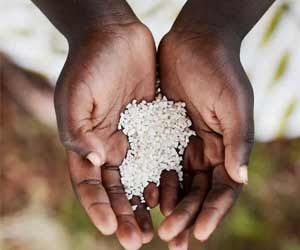
McGill University’s research emphasizes the pivotal role of international food assistance in addressing the global hunger crisis. In 2022, the World Food Programme helped a record 158 million people ().
With no global treaty in place, food aid is guided by a patchwork of international agreements and institutions. Using the concept of a “regime complex,” a study published in the Journal of International Trade Law and Policy examines those rules and the systems that shape them.
Did You Know?
Approximately, 9% of the world’s population still suffers from chronic hunger and malnutrition?
Feeding Hope, Nourishing Change
Rather than create a new entity to solve the problem, the findings point to a paradigm shift in the existing systems.
#hunger #worldhunger #covid19
’
Rethinking the dominant discourse among institutions is crucial to working towards zero hunger, posits author Clarisse Delaville, a second-year doctoral student at McGill’s Faculty of Law.
“There are two main regimes that govern global food assistance—the trade regime and the food security regime. I encourage a stronger commitment from both regimes to implement a human-rights-based approach, to question the prominent discourse on food trade regimes, which paints food assistance as a distortion in trade that ought to be minimized,” says Delaville.
Reference:
- A regime complex for food assistance: international law regulating international food assistance
– (https://www.emerald.com/insight/content/doi/10.1108/JITLP-06-2023-0032/full/html)
Source-Eurekalert



